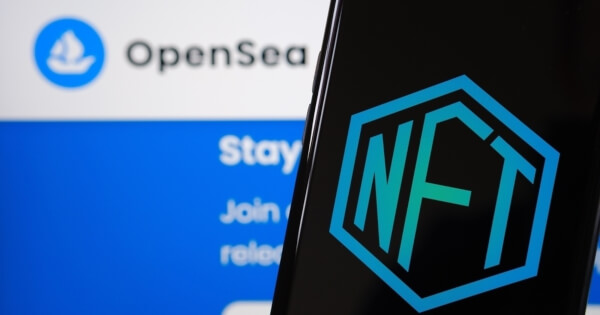Influencers play a crucial role in B2B marketing by connecting brands with their target audiences in an authentic and meaningful way. However, achieving success in influencer marketing is not easy. According to our research, only 34% of B2B brands describe their influencer marketing strategy as “extremely effective,” and 53% struggle with identifying and engaging with the right influencers.
To develop an effective B2B influencer marketing strategy, it is important to understand the different types of influencers. Expert influencers are industry leaders and thought leaders who have gained credibility and authority through their extensive experience and achievements. Partnering with these influencers can greatly enhance a brand’s reputation and thought leadership status.
Practitioner influencers, on the other hand, are professionals who have hands-on experience in their respective fields. They offer practical insights and real-world expertise, making them valuable to an audience seeking practical advice and solutions. Collaborating with practitioner influencers can enhance the practical applicability of a brand’s content and offerings.
Internal and executive influencers, often overlooked, are individuals within an organization who can advocate for the brand. Leveraging their expertise not only showcases internal talent but also adds authenticity and trust to influencer marketing efforts. Effectively utilizing internal influencers can strengthen a brand’s voice and reinforce its values.
When selecting influencers, it is important to consider their resonance, relevance, reach, and credibility. Resonance refers to an influencer’s ability to engage and persuade their audience. Relevance ensures that there is a strong alignment between the influencer’s expertise and the brand’s niche. Reach, or the size of an influencer’s audience, plays a role in amplifying the brand’s message. Credibility, based on an influencer’s trustworthiness and experience, adds integrity to the brand.
Utilizing internal and executive influencers, as well as incorporating customers and prospects, can further enhance the impact of influencer marketing. Crafting the perfect influencer mix involves identifying the unique values of each influencer type, understanding the audience’s needs, diversifying content formats and channels, monitoring and analyzing performance, and adjusting the strategy for evolving preferences.
By being strategic with the influencer blend, brands can forge genuine partnerships that drive collective growth.
Source link























